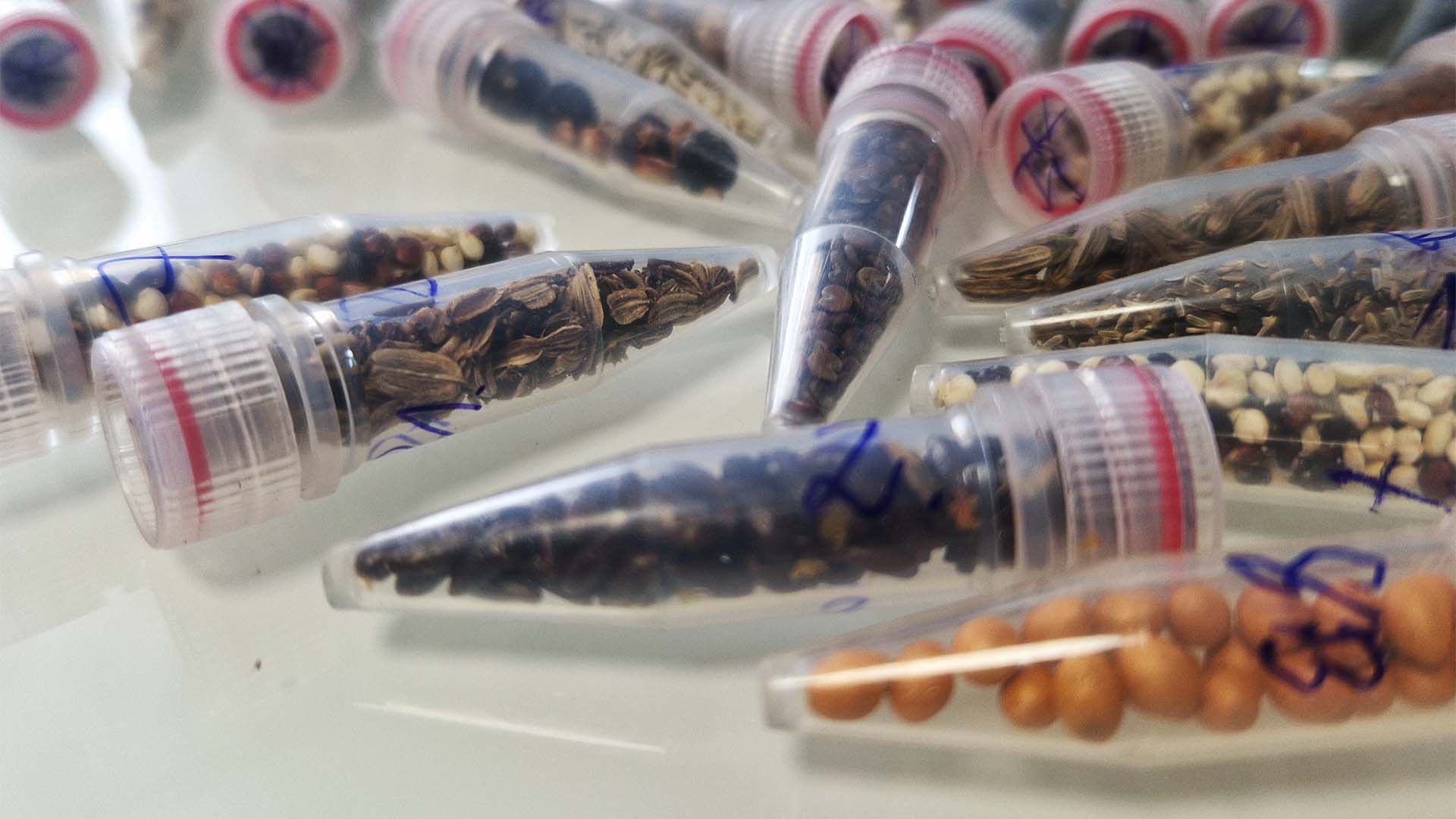Cannabis in Space: Pioneering Research for Interplanetary Agriculture
3 min read

The exploration of space is a frontier that continues to push the boundaries of science and technology. As humanity sets its sights on lunar and Martian colonization, the challenge of sustaining life in extraterrestrial environments becomes paramount. Among the innovative solutions being explored is the cultivation of cannabis in space—a concept that is not only fascinating but also potentially groundbreaking in its implications for future space colonists.
The Role of Cannabis in Space Exploration
Cannabis is a plant renowned for its versatility. Its fibers can be used for construction materials, its seeds for nutritional purposes, and its compounds for medicinal applications. These attributes make cannabis a potential asset for space exploration, where resources are limited and sustainability is vital. Researchers are now examining how cannabis seeds behave in space, specifically how they respond to the unique conditions of radiation and microgravity.
The experiment involves sending cannabis seeds into orbit, where they will be exposed to the harsh realities of space radiation. The objective is to observe any genetic mutations or adaptations that occur, providing insights into how the plant might be cultivated on the Moon or Mars. This research is not merely about growing a plant; it is about understanding the fundamentals of plant biology in space, which could have significant implications for interplanetary agriculture.
Historical Context: Space Botany
The concept of growing plants in space is not new. Since the 1960s, scientists have been conducting experiments to understand how plants grow outside Earth's atmosphere. The Russian space station Salyut 7 was among the first to successfully grow plants in space in 1982. Later, NASA's Veggie project on the International Space Station (ISS) made headlines in 2015 when astronauts consumed lettuce grown on the ISS.
These early experiments laid the groundwork for modern space botany. They demonstrated that, despite the absence of gravity, plants could grow and even thrive in space. The research has evolved to focus on the effects of space conditions on genetic mutations, with the hope of developing crops that are resilient to the challenges of space farming.
Cannabis: More Than Just a Crop
Cannabis' potential contribution to space colonization extends beyond its ability to grow in harsh conditions. The plant's medicinal properties could be invaluable for astronauts. Cannabis contains cannabinoids such as CBD, which have been shown to alleviate pain, reduce inflammation, and relieve stress—conditions that space travelers may encounter during lengthy missions.
Furthermore, the plant's rapid growth cycle and versatility make it an ideal candidate for space agriculture. The ability to produce food, medicine, and materials from a single plant could simplify logistics and reduce the burden on cargo resupply missions from Earth.
Looking Forward: Space Farming's Potential
The endeavor to cultivate cannabis in space is emblematic of a broader trend towards sustainable living in hostile environments. As we look to the future, the lessons learned from these experiments could inform agricultural practices on Earth, particularly in regions affected by climate change. The knowledge gained from growing plants in space could lead to innovations in crop resilience and adaptability.
In conclusion, while the idea of sending cannabis seeds into space may seem unconventional, it is a testament to human ingenuity and the relentless pursuit of knowledge. This research is a small yet significant step towards ensuring that humanity can flourish beyond Earth. As we continue to explore the final frontier, the harmonious blend of tradition and innovation will be key to our success.
